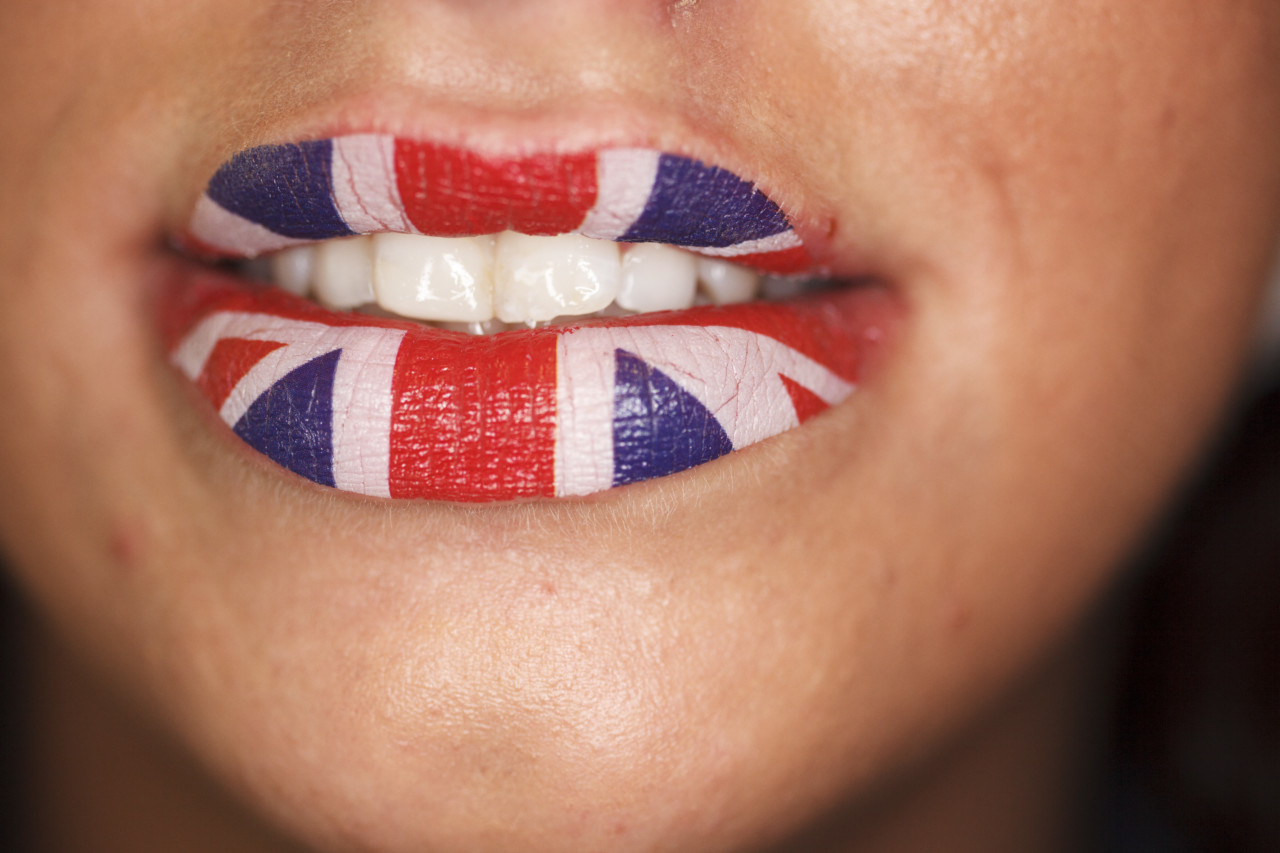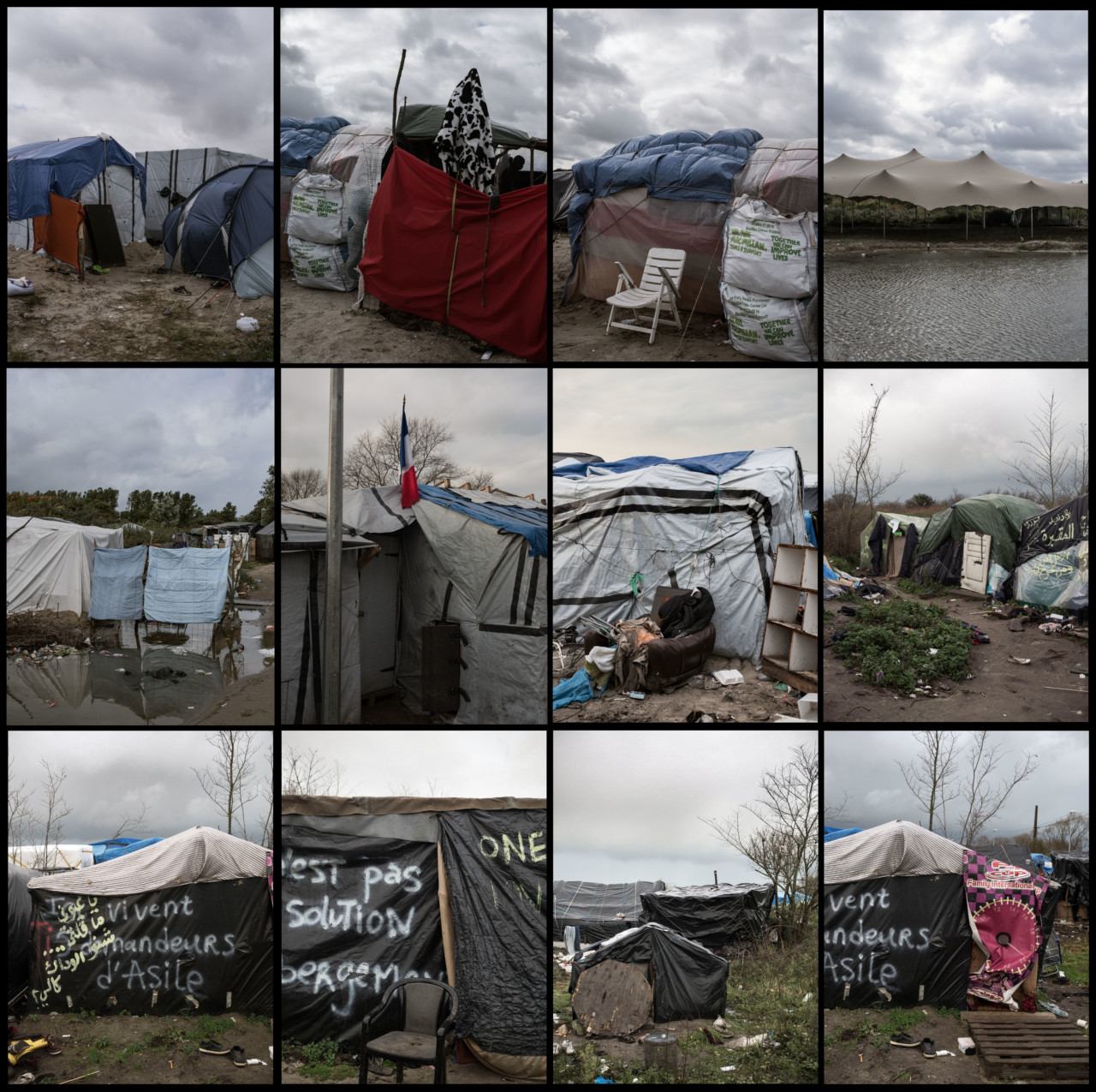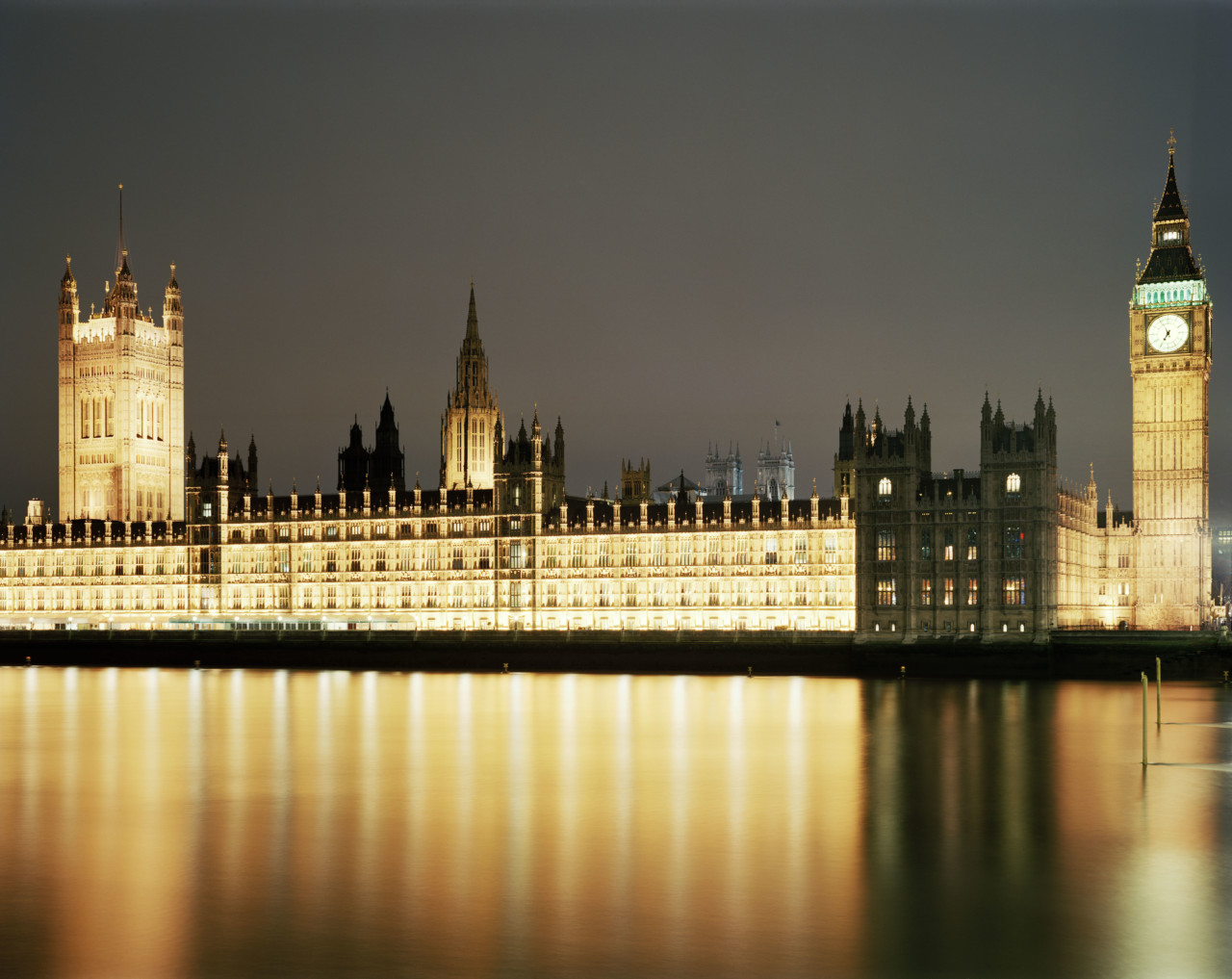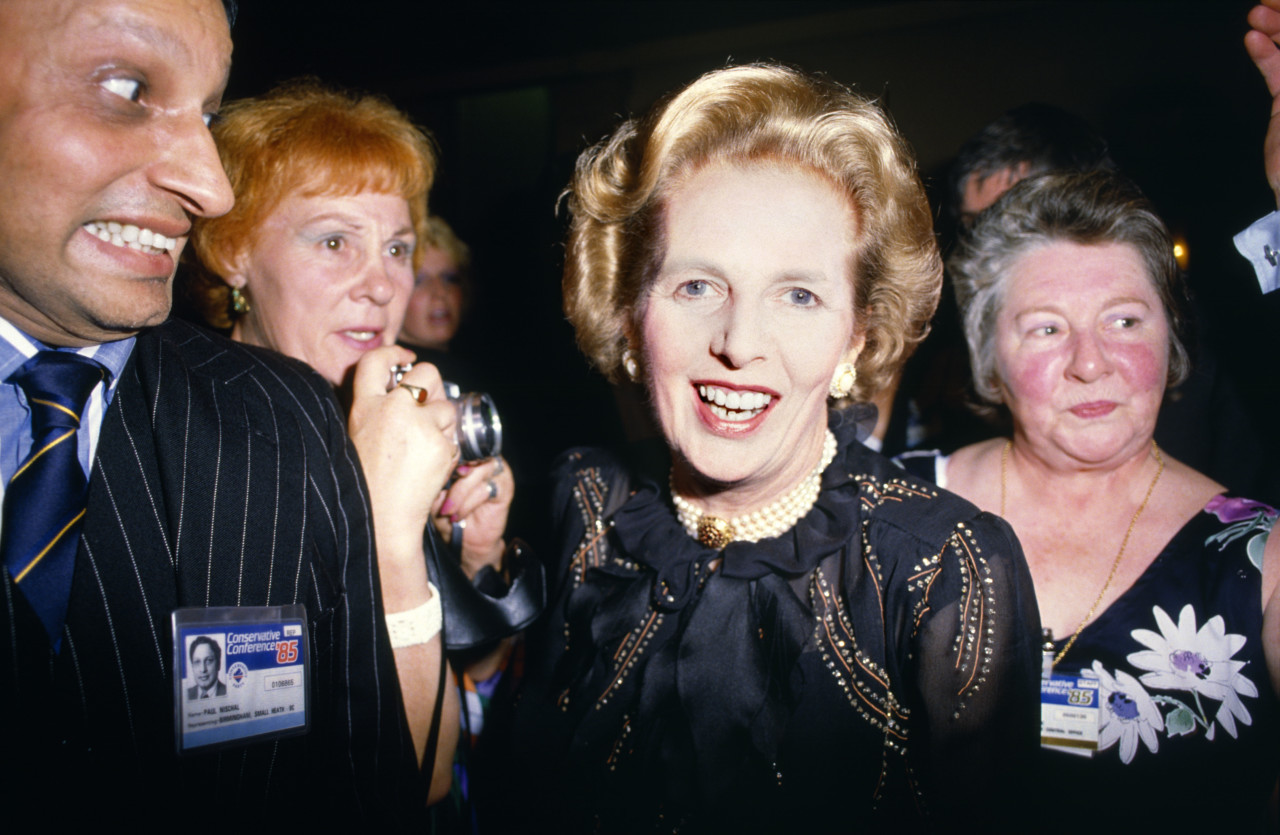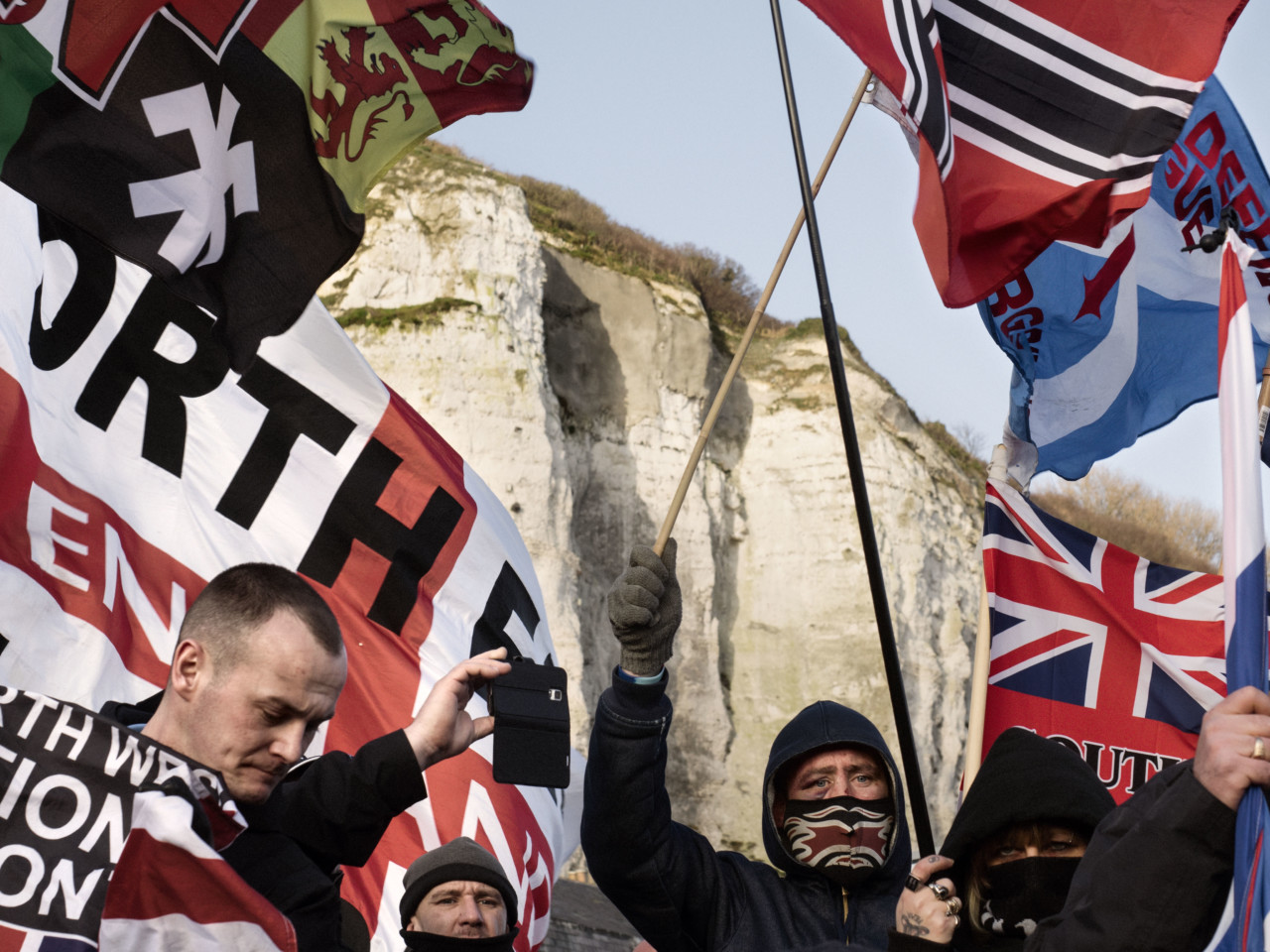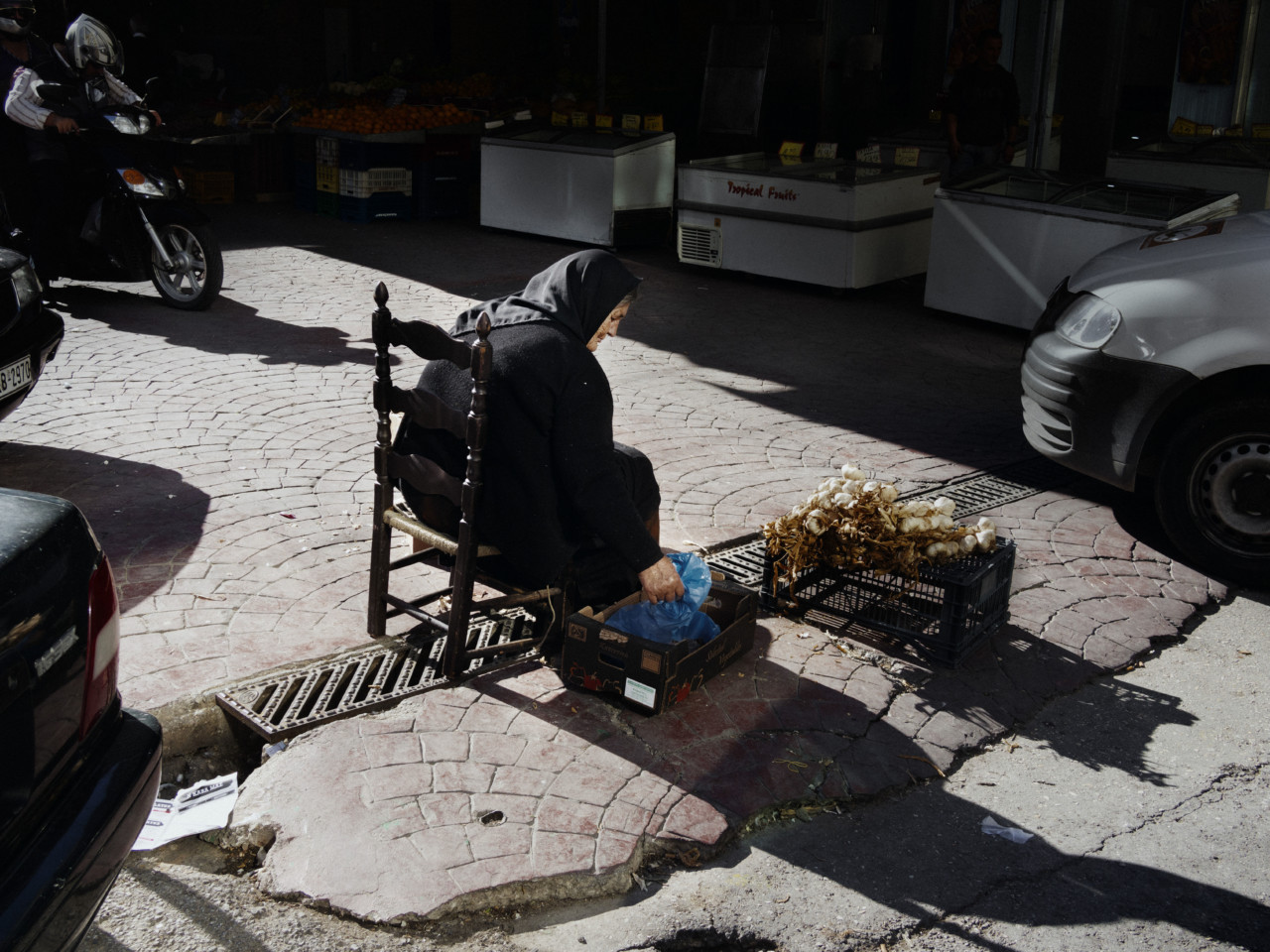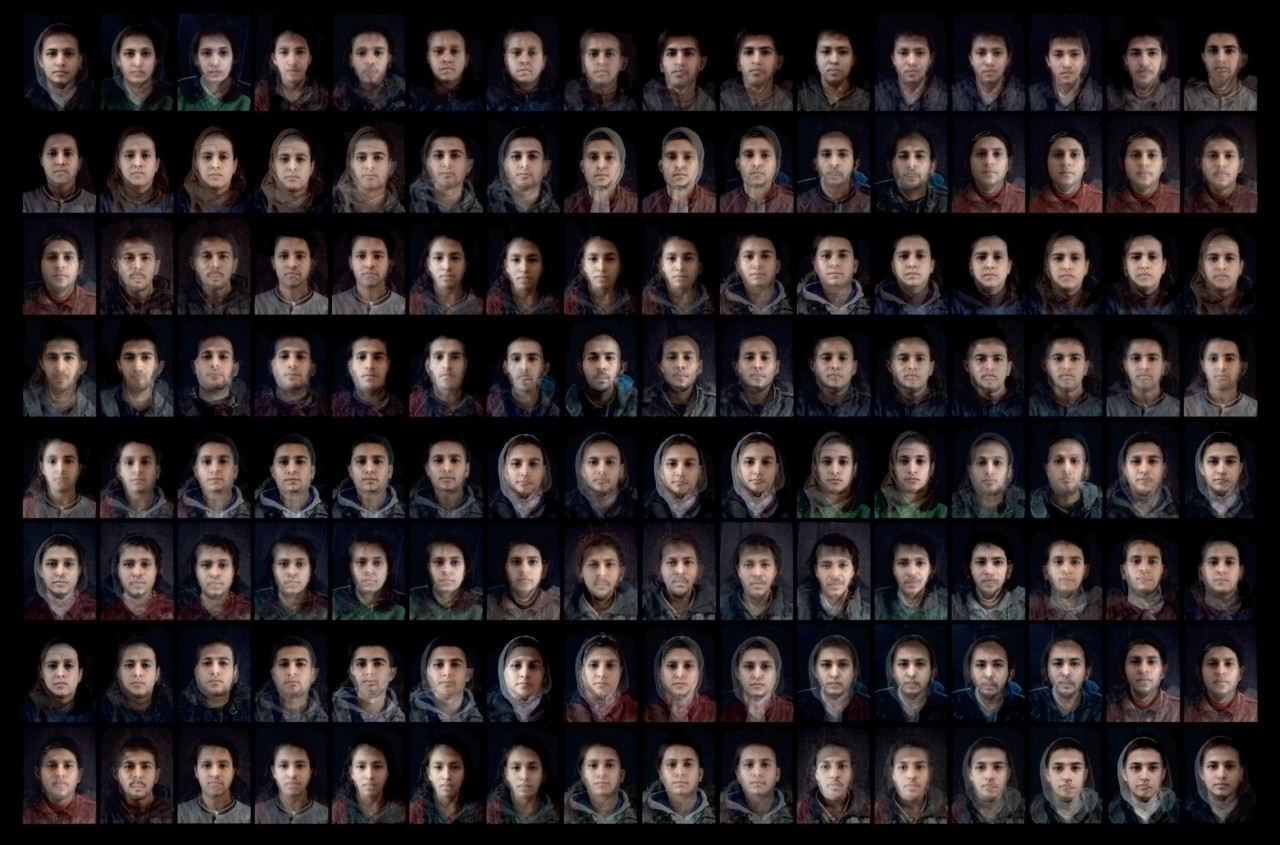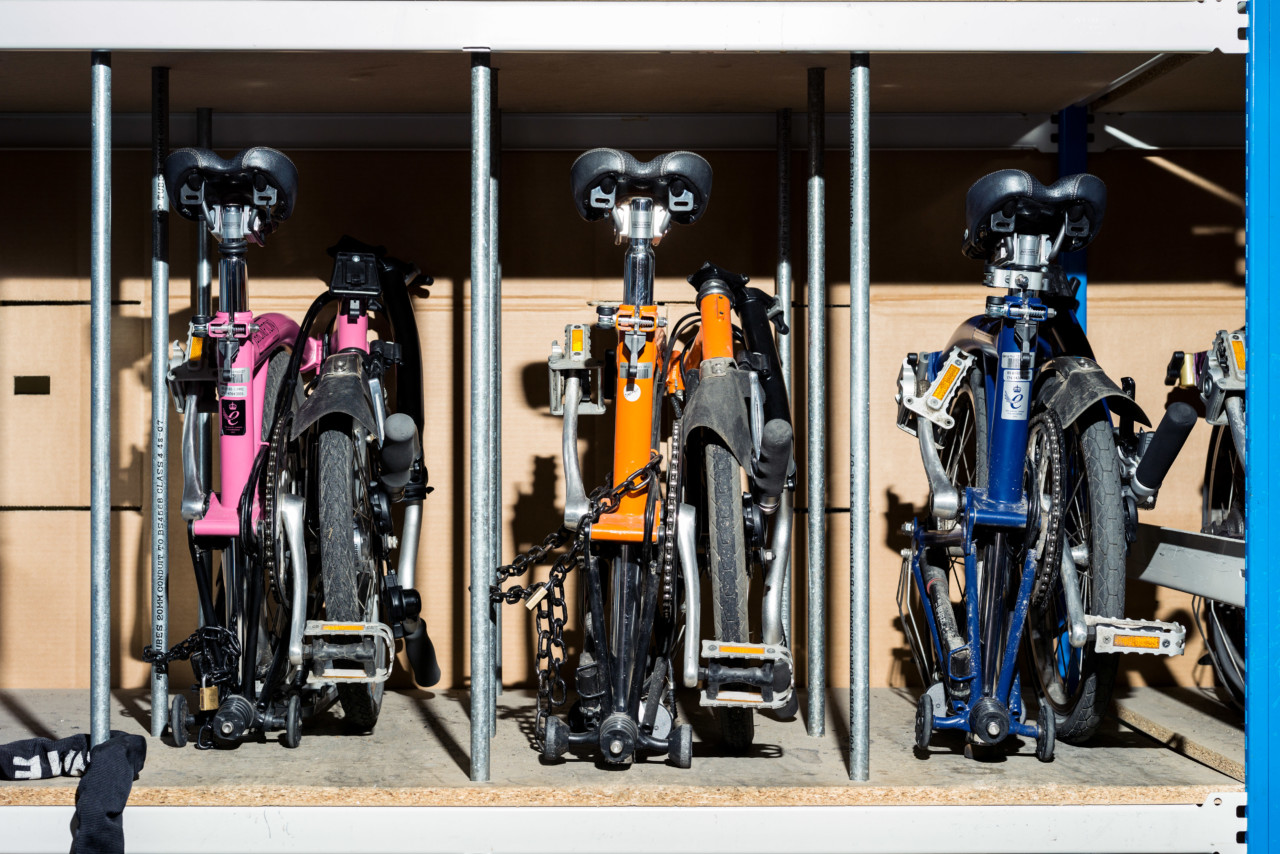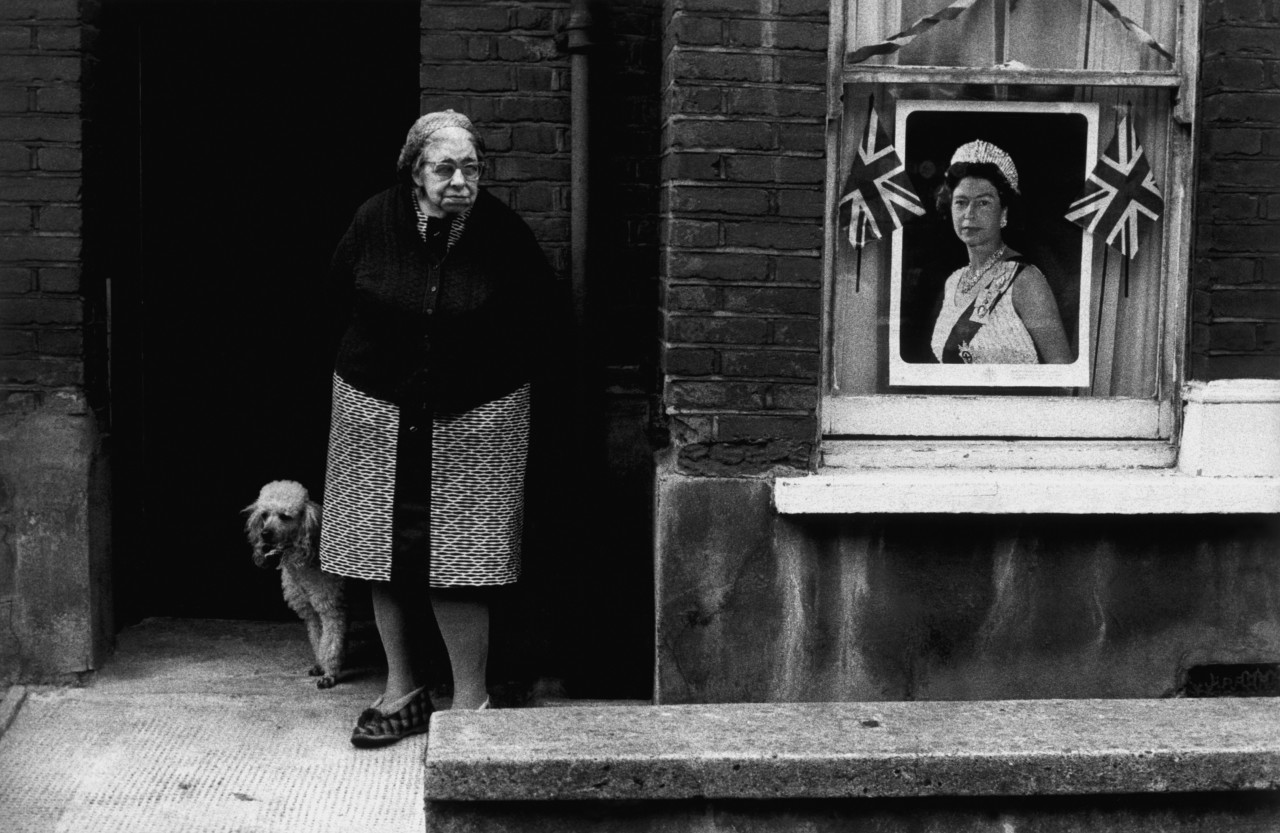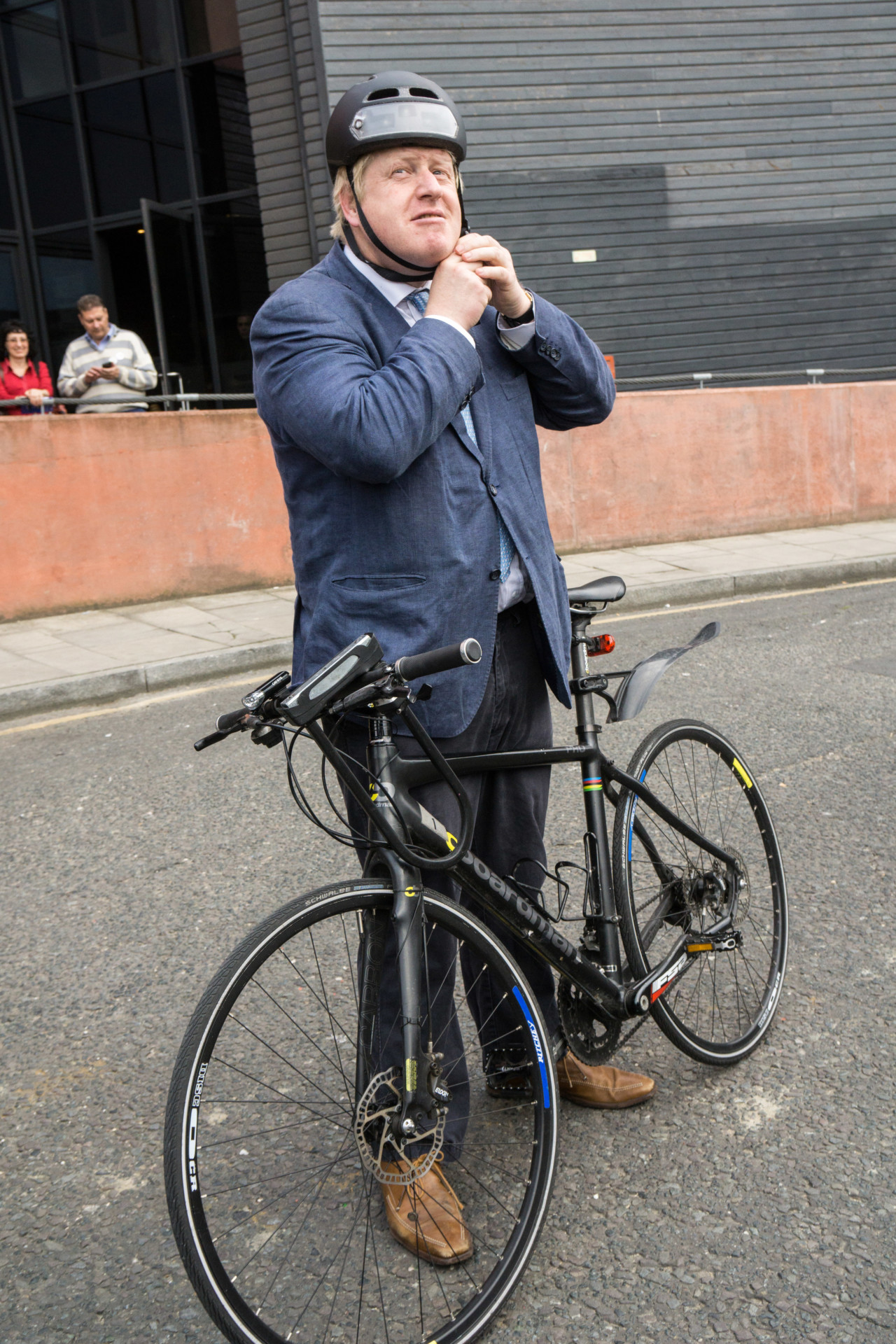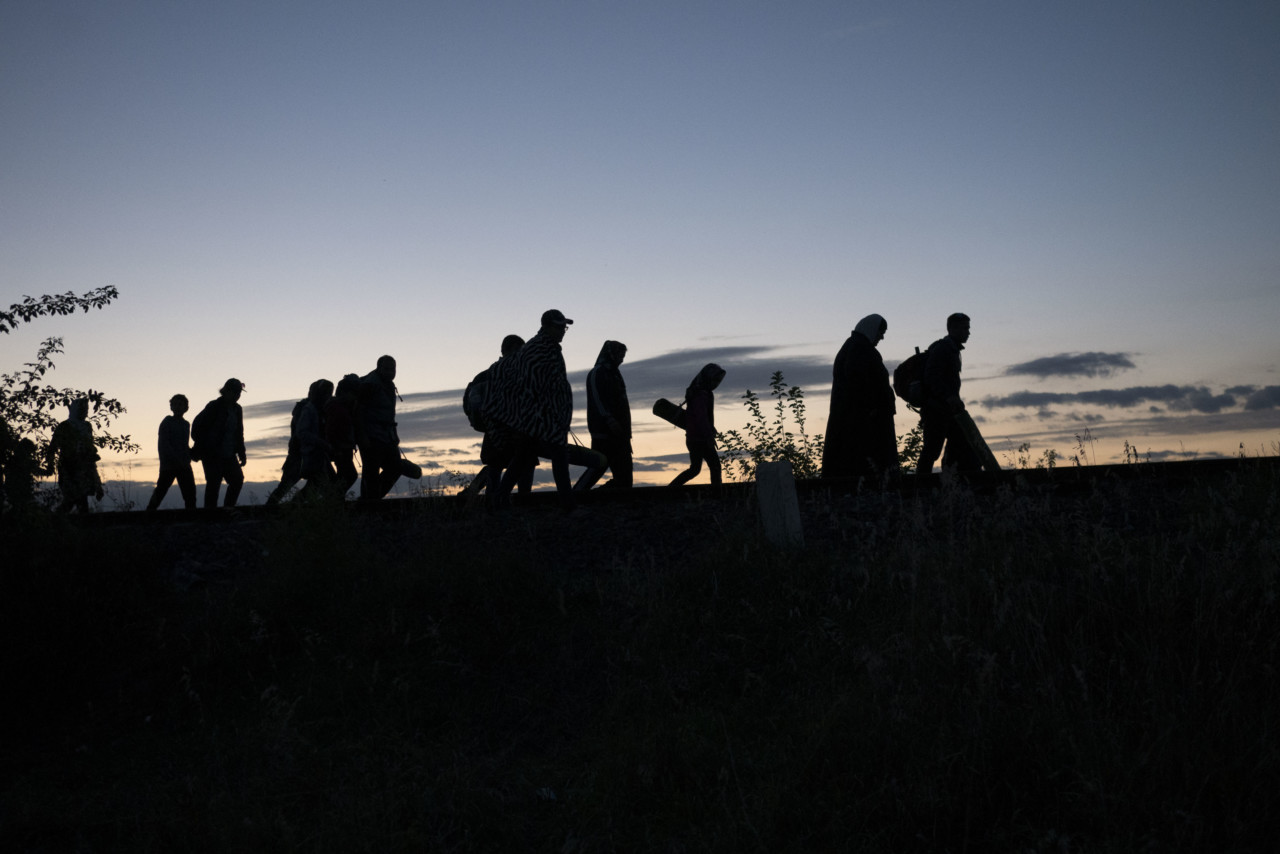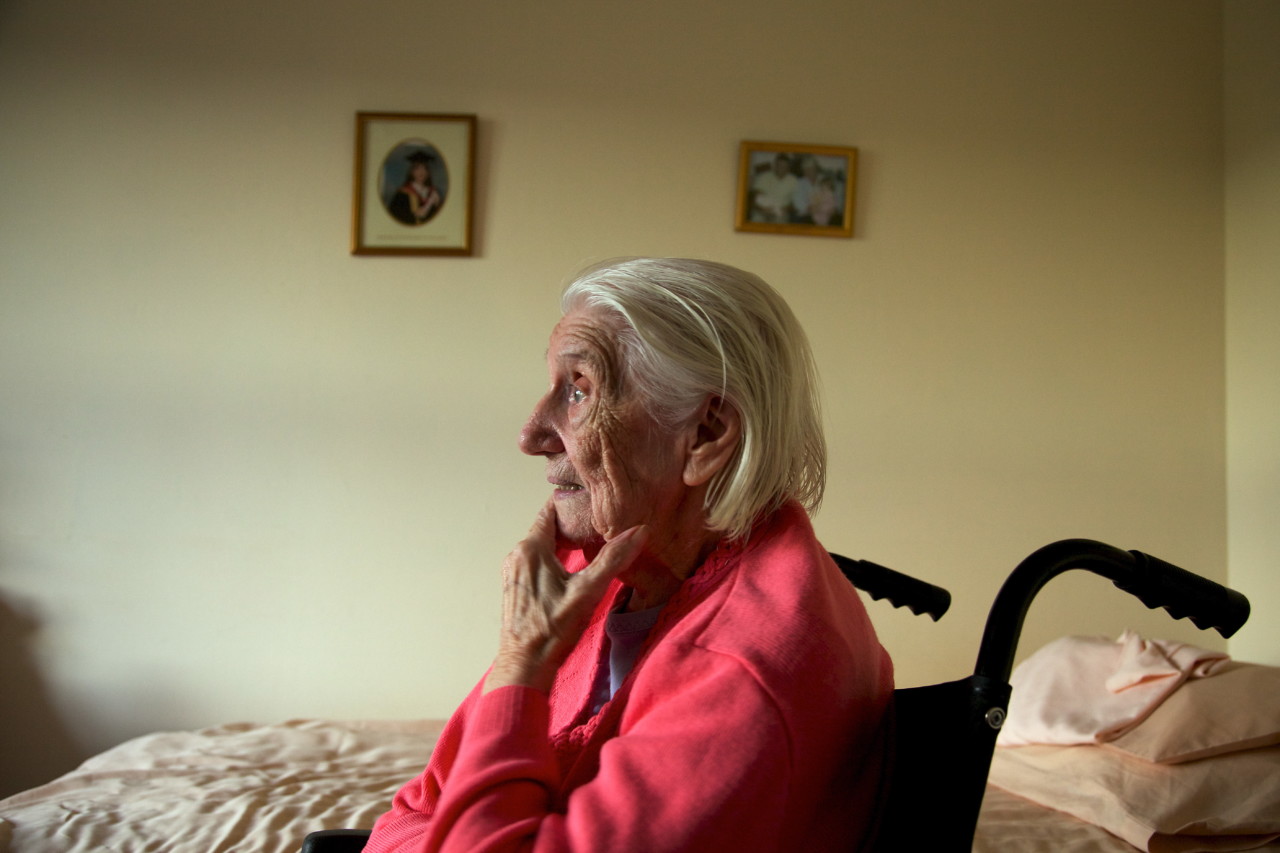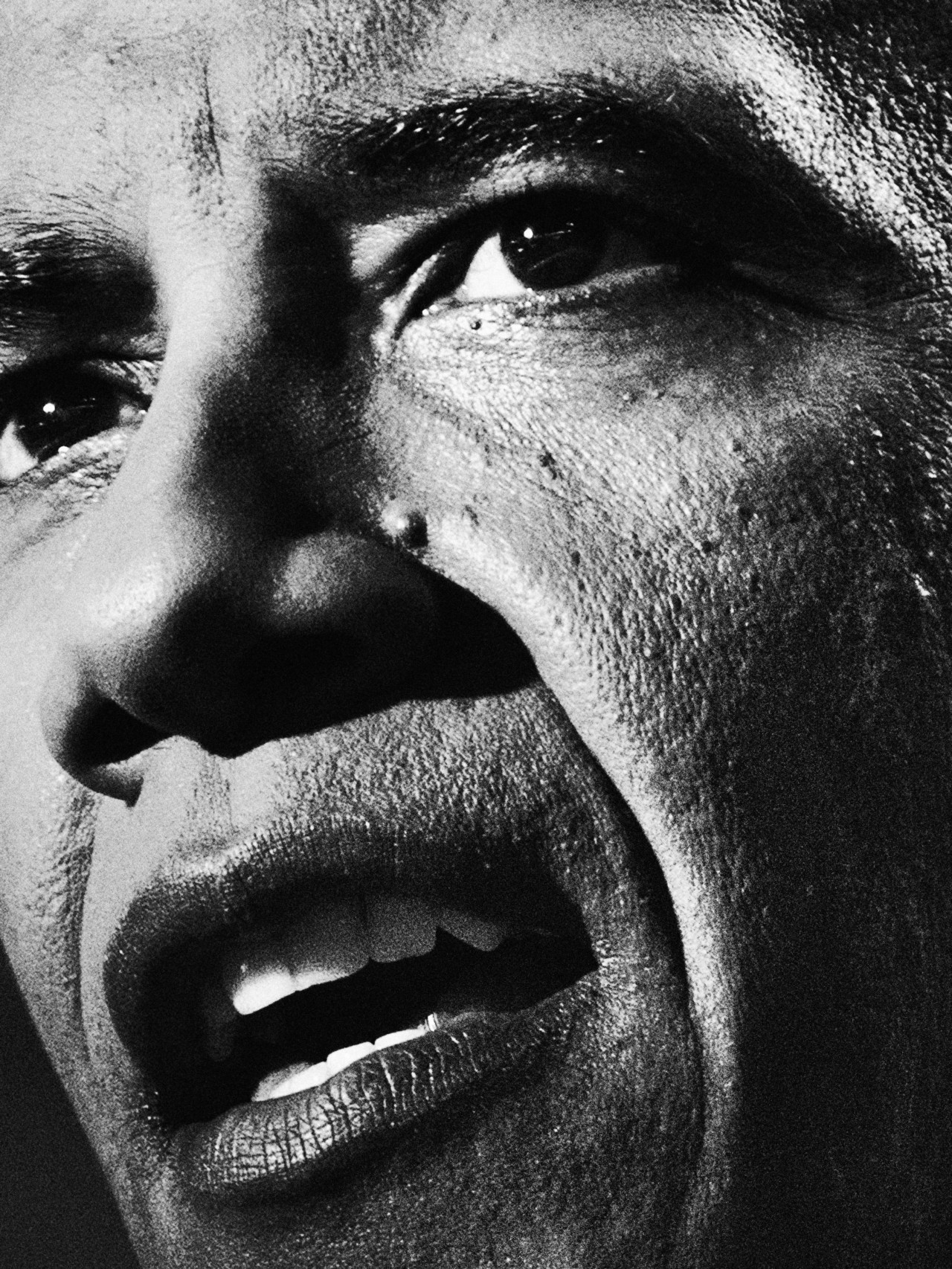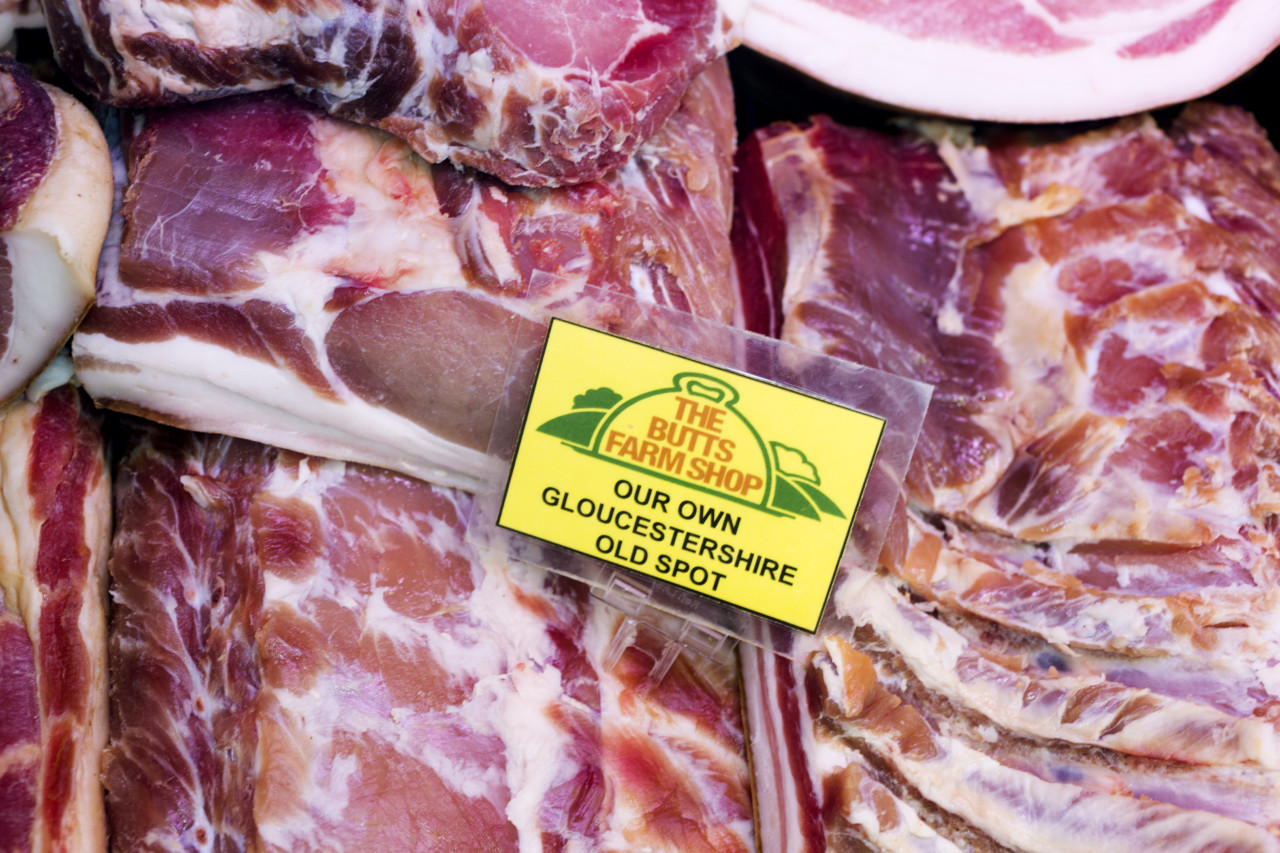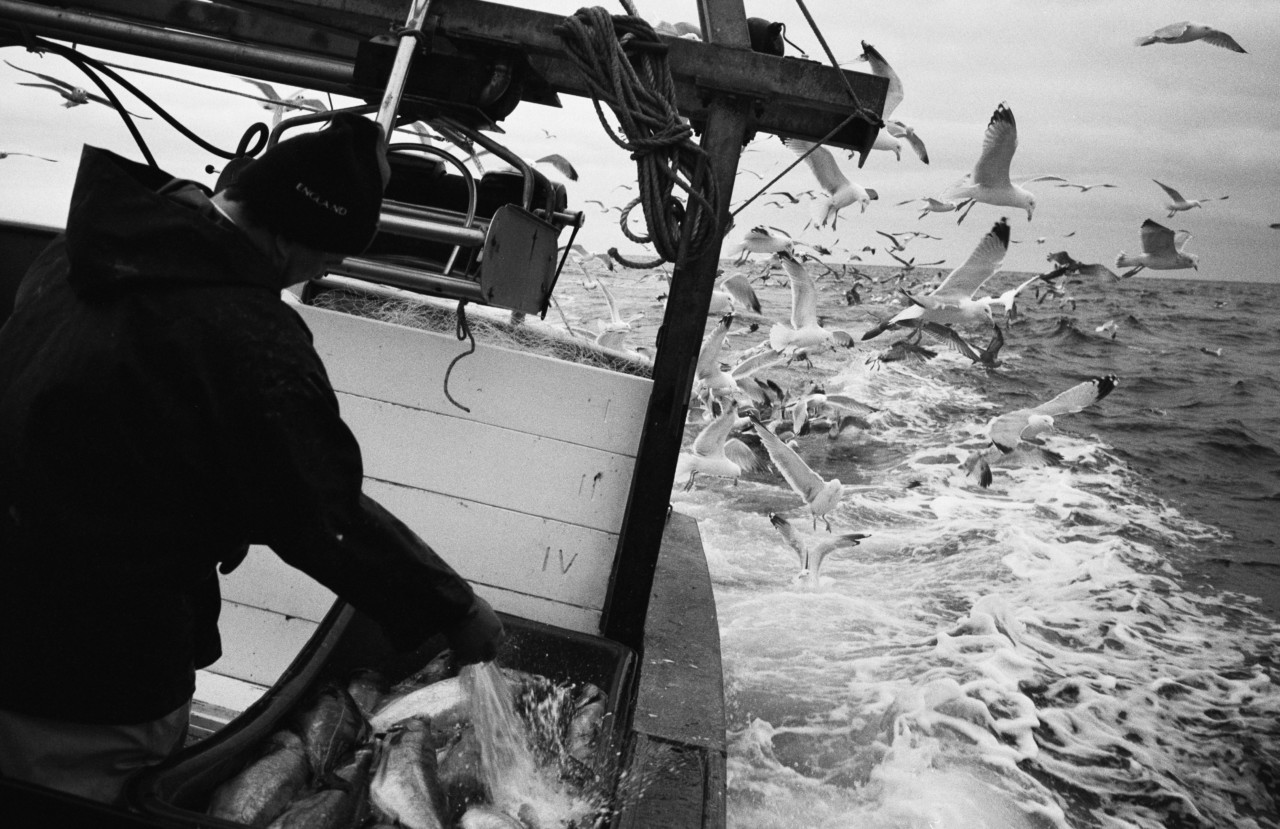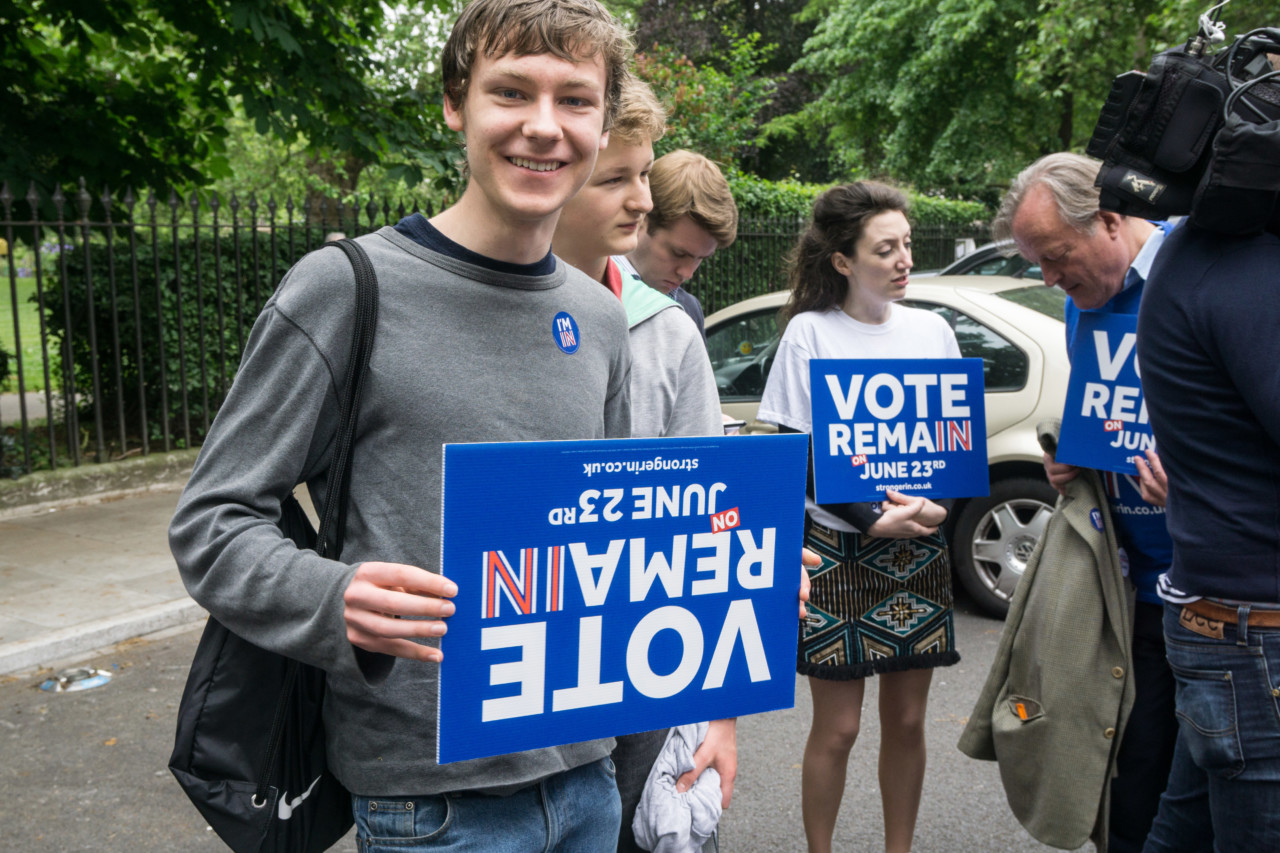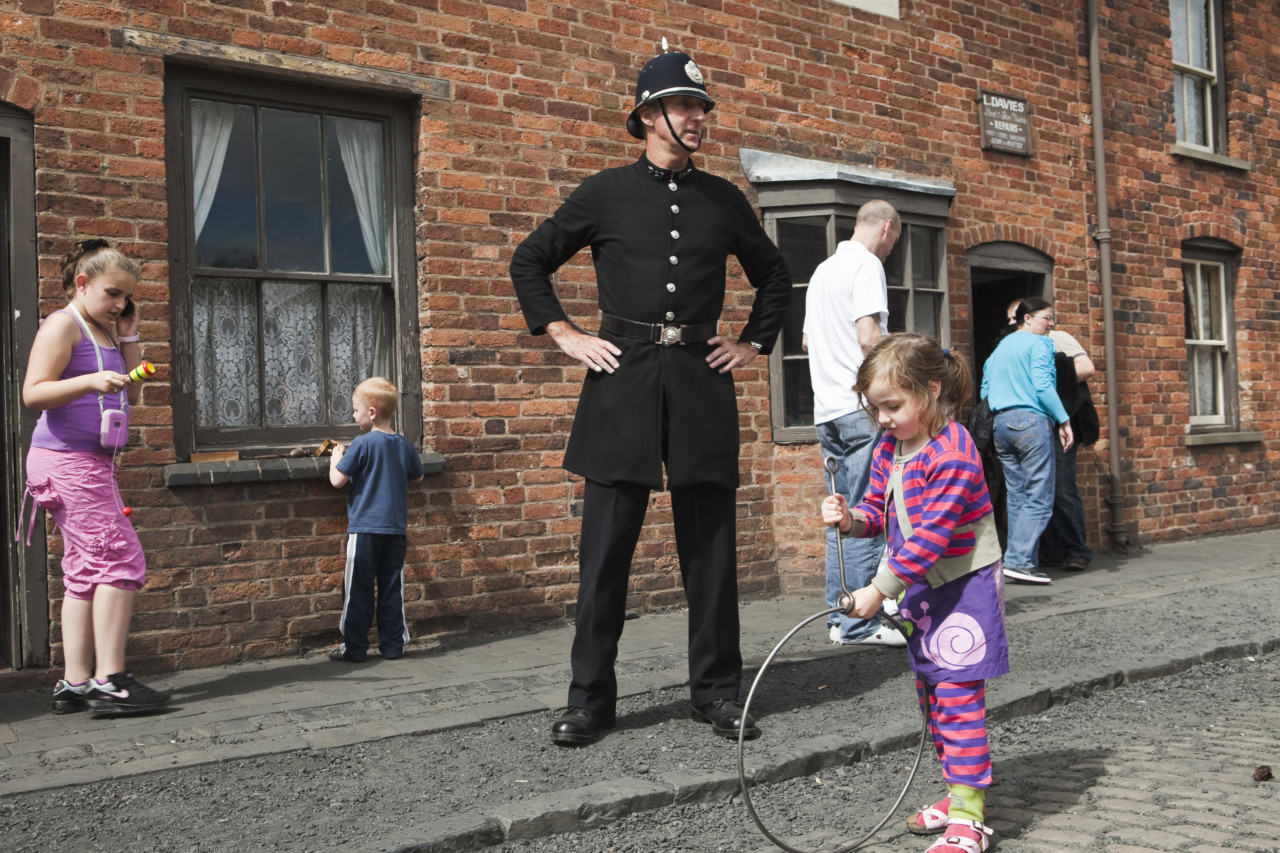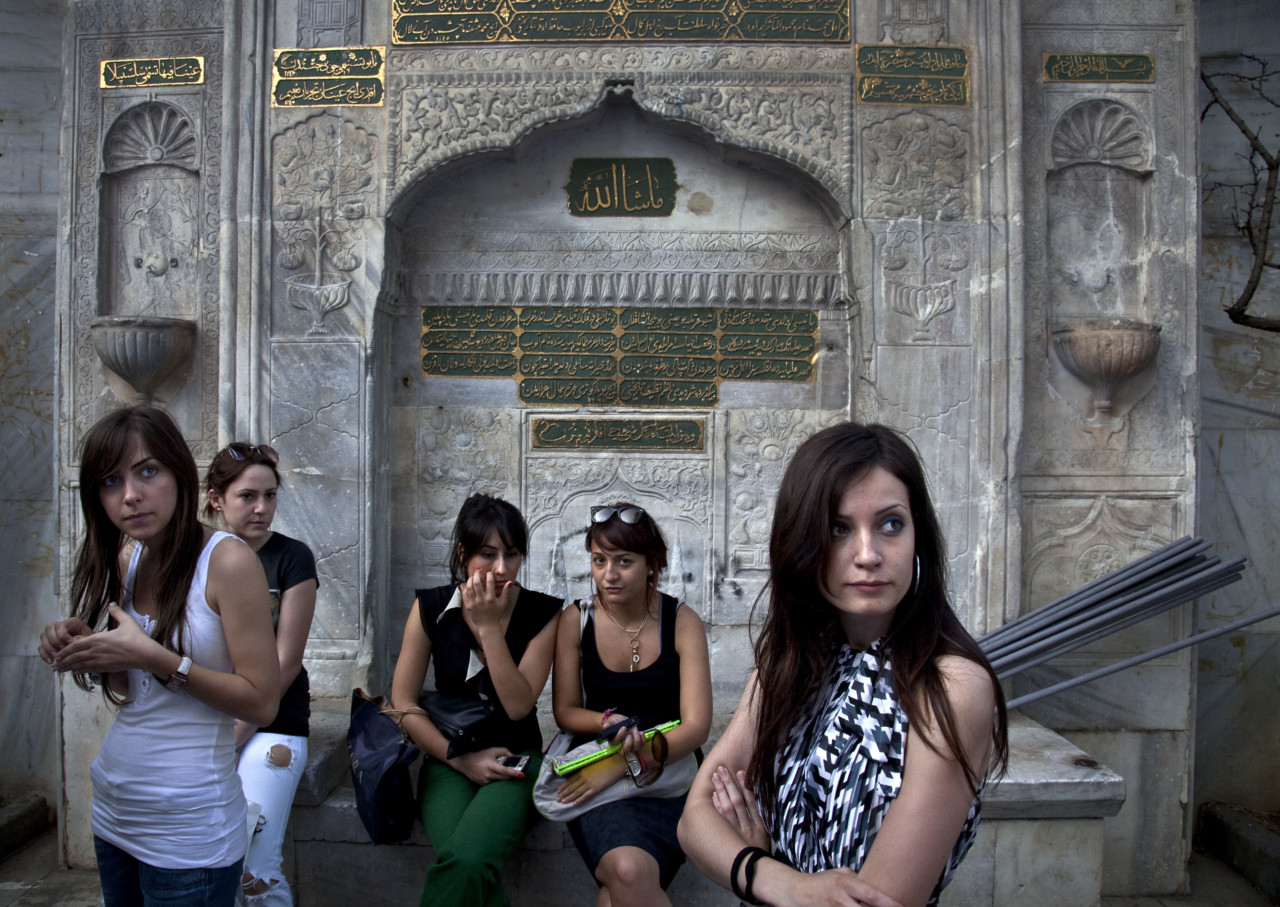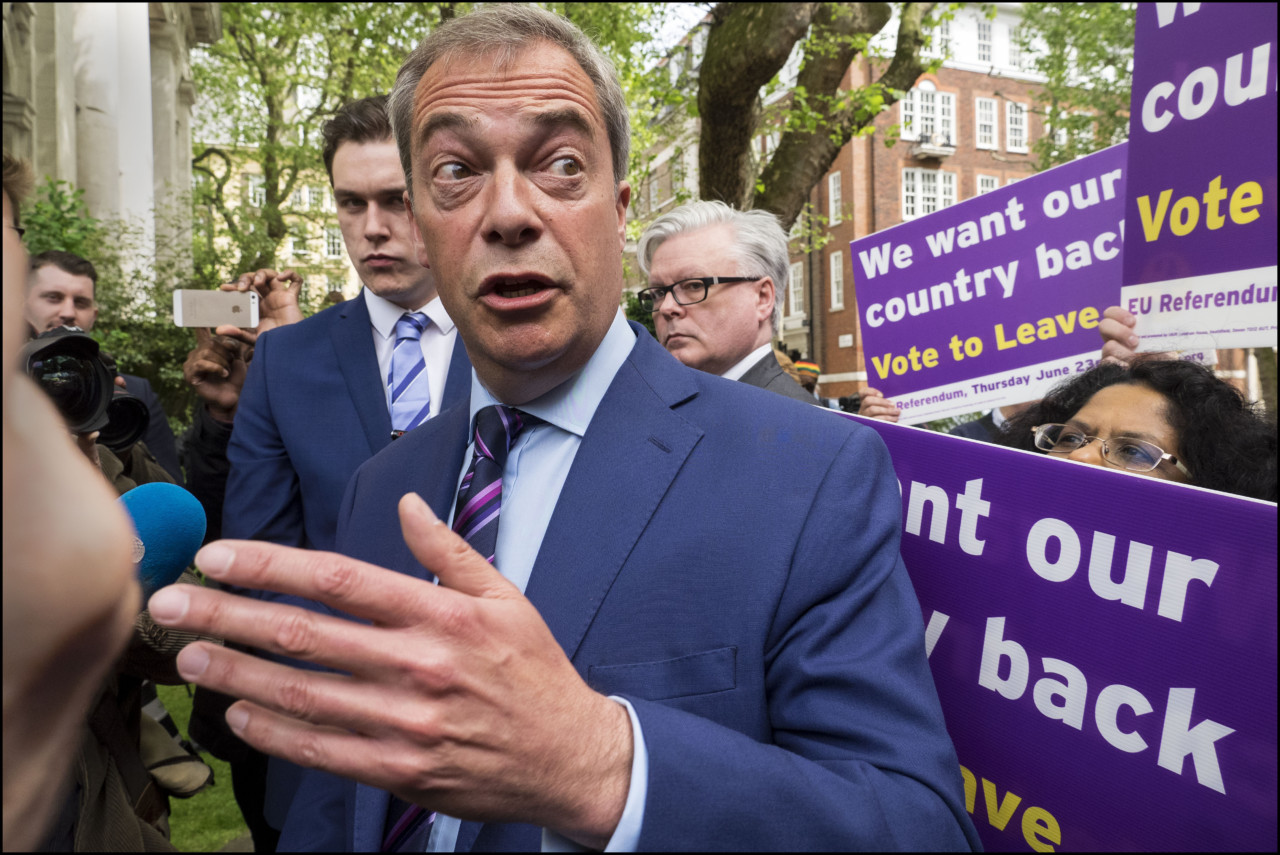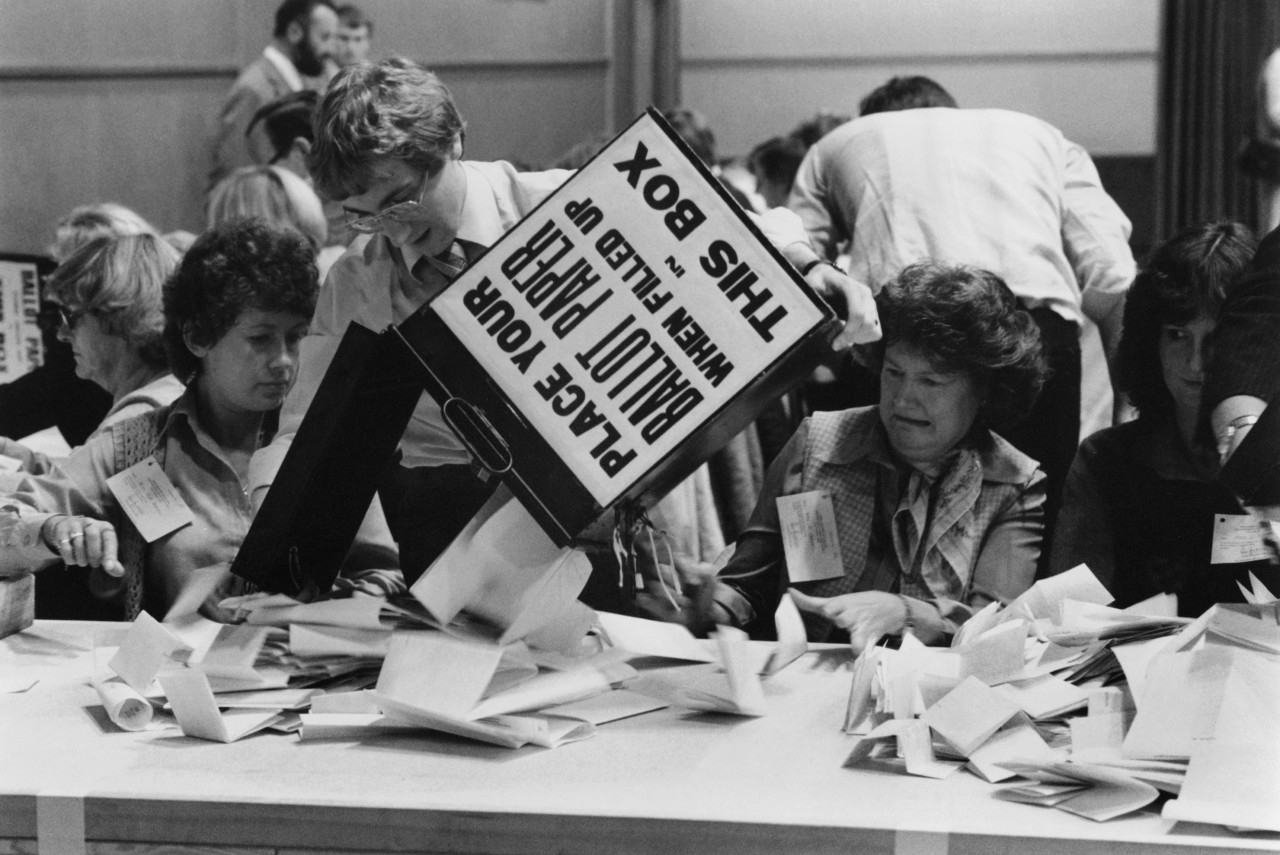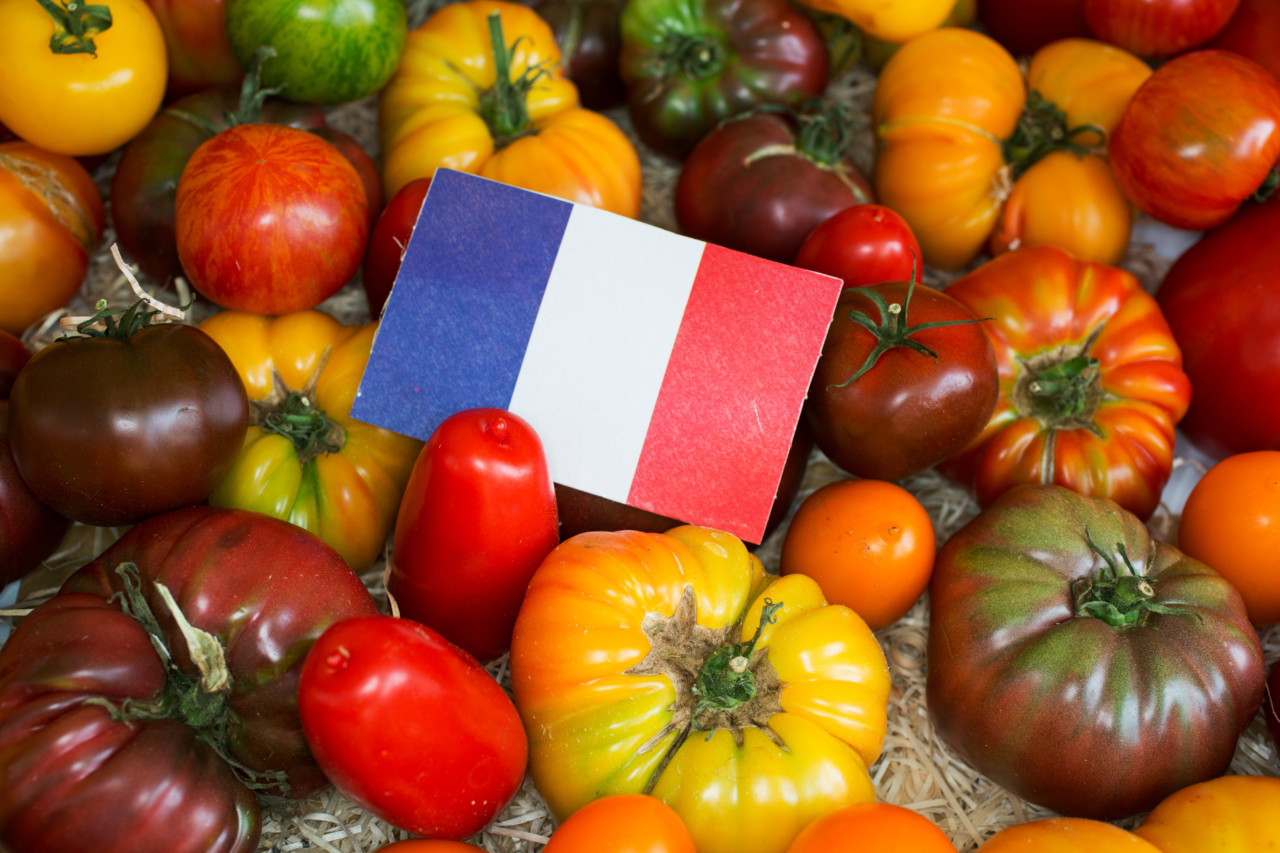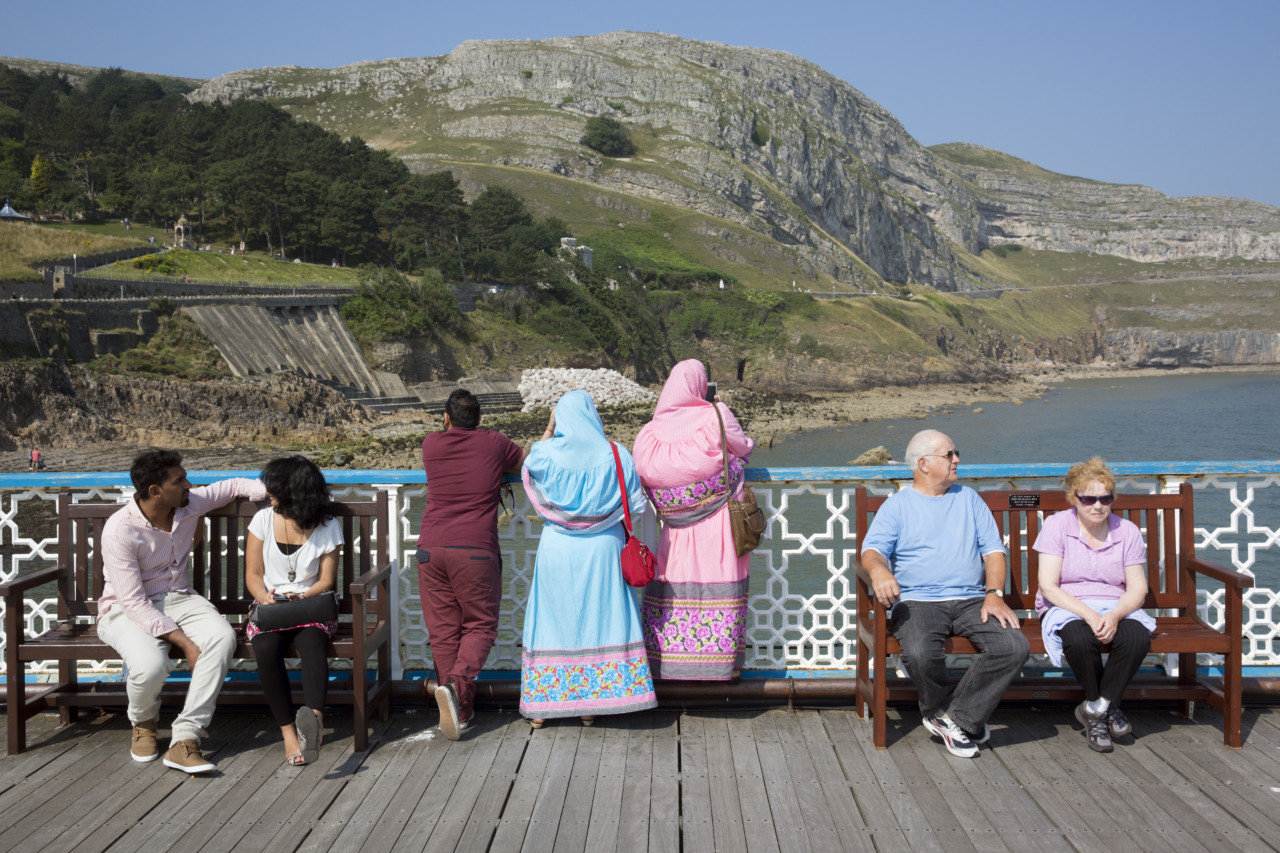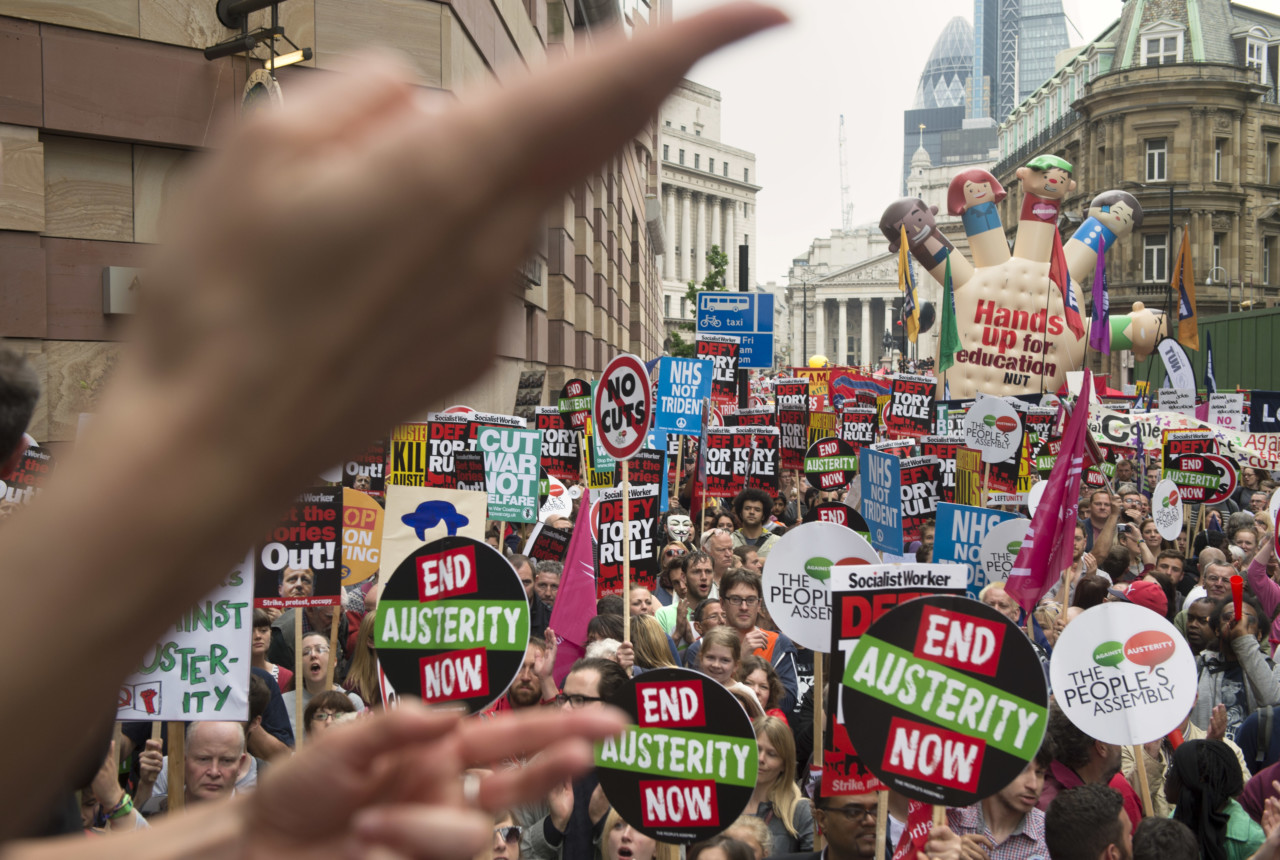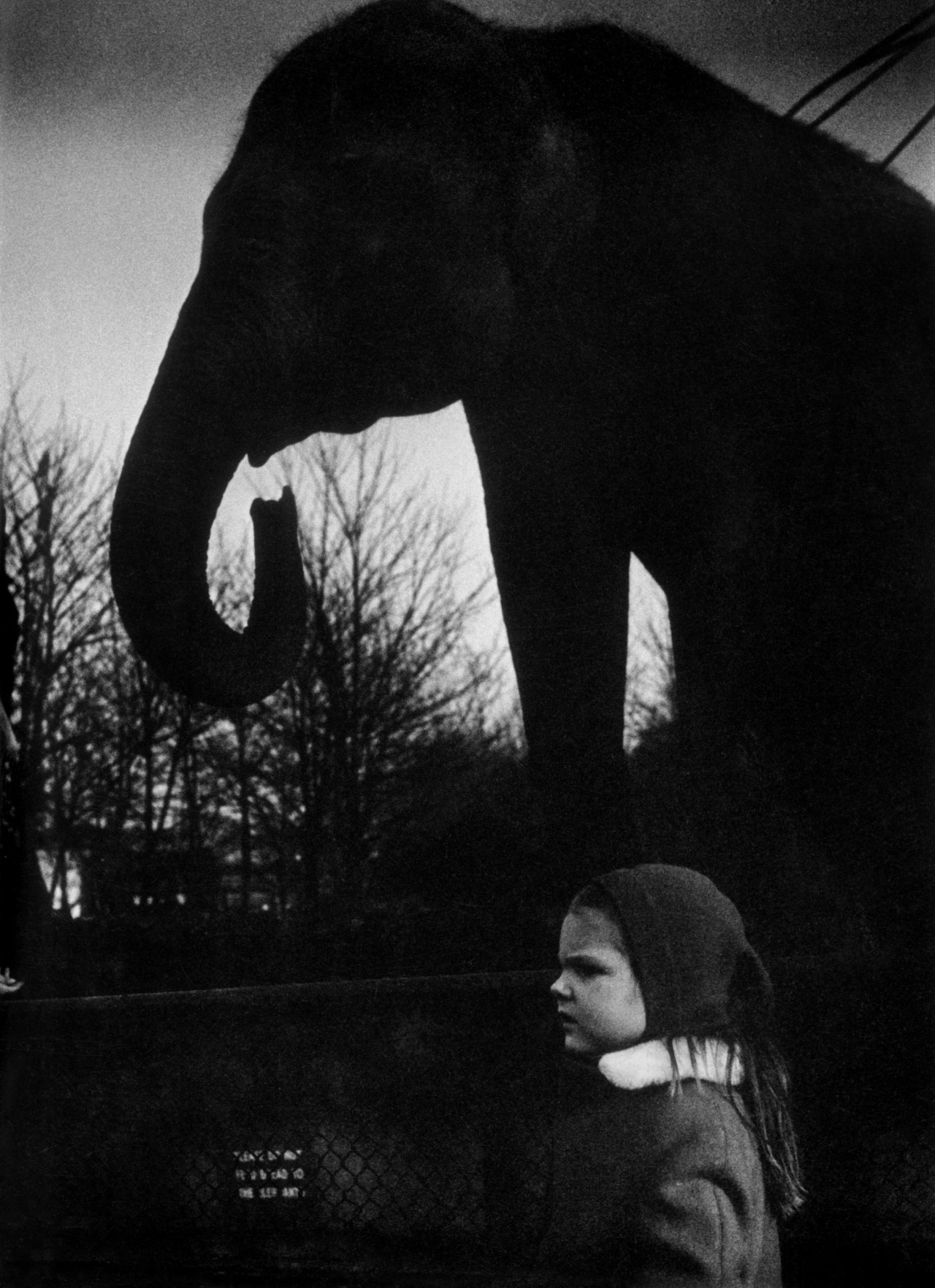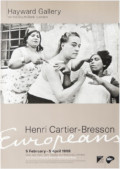The A to Z of Brexit
A visual guide to the central issues of the UK's EU referendum
Magnum Photographers
With the Brexit vote on whether the UK will remain in or leave the EU upon us, Magnum Photos has produced an A-Z of the main issues at stake for British voters, from the Common Agricultural Policy to wonky fruit, from Democracy to the NHS and from Sovereignty to Xenophobia of a multicultural Britain.
A: Agriculture
Agriculture, and specifically the Common Agricultural Policy, is a central tenet of EU policy, and one of the major battlegrounds between Remain and Leave. Introduced to the Common Market in 1962, it includes subsidies to EU farmers, but has been repeatedly criticized for the cost, as well as negative environmental and humanitarian effects in the developing world through the prevention of level playing field for exporting into “Fortress Europe”.
B: Brits Abroad
A third of British people in a recent survey stated that ease of foreign travel has a bearing on how they will vote. Will Brits need visas to visit favored holiday hotspots in the EU? Around 60% of Brits go on holiday abroad every year, with Spain, France and Greece occupying the top three destinations. Joining the ‘All Other Passports’ queue at border control never means a quick exit.
C: Calais
Media coverage of the Calais Jungle documenting the desperate attempts of non-EU migrants to reach the UK is another factor of consideration for both Remain and Leave. While Leave argues that the camp would stay as the agreement is with France and not the EU, Remain argues that the French have no reason to continue and would allow migrants to cross the Channel, creating encampments in South East England.
D: Democracy
An important focus for Brexiteers is what’s perceived as the EU’s undemocratic methods. This manifests itself in talk of unelected quangos creating new laws or the treatment of Italy and Greece in recent bail-out actions by the EU.
E: Eurosceptics
Though she was a main proponent of joining the Common Market in 1973 and the subsequent referendum in 1975, ex-Prime Minister Margaret Thatcher became a Eurosceptic in the 1980s until her passing in 2013.
F: Far Right
Political and social gains by Far Right groups across Europe have ratcheted up anti-EU sentiment and anti-immigration policy in a number of countries, as mainstream politicians seek appeasement. Rhetoric not heard in Europe for decades is now commonplace as many far rights groups, such as France’s Front Nationale, seek respectability that would be anathema for past generations.
G: Greece
Brexiteers on the Right and Left cite Greece – its loss of sovereignty, the economic impact of un-payable loans and an over-reliance on the State for employment – as another reason to pull out.
H: Human Rights
A major bugbear for Conservative and UKIP supporters is the European Human Rights Act, created to protect fundamental freedoms for EU citizens and the European Court of Human Rights that enforces the treaty. While some in the Remain camp argue it has helped create a fairer and more compassionate society, Leave argues it has tied the hands of Parliament and British lawmakers, citing headline interventions such as the deportation of foreign criminals and the rights of prisoners to vote, as two examples.
I: Import/Export
Trade with the EU is possibly the number one issue for Remain. Will Britain be able to negotiate trade deals with the EU and non-EU countries without incurring the hefty tariffs that often result in uncompetitive exports? Remain say these will take years and result in recession, while Leave say yes, we will be free to negotiate better deals and encourage more investment by non-EU countries.
J: Jobs
Will the UK lose £100 billion and 1 million jobs as the Remain camp warn? Or will the savings be used to invest in growing UK business independent of the EU? It’s the one topic that’s full of rhetoric, but with an unknown reality.
K: Kingdom
UKIP’s slogan, “We want our country back!” gets to the heart of the sovereignty debate. Has the EU become a federal super-state as the detractors allege, or is the loss of some sovereignty essential for a global and progressive economy? During the campaign, The Sun newspaper had alleged that the Queen was pro-Brexit, which was immediately officially refuted by Buckingham Palace. Either way, the popularity of the Queen means her opinions, or even her alleged opinions, still matter.
L: Leave Campaign
The Leave Campaign comprises a strange mix of Right and Left politicians and commentators, with a few celebrity backers willing to put their neck out and risk derision. Though Nigel Farage has been the loudest Brexit voice in the past, he’s been marginalized by the Leave group due to being viewed as not moderate and therefore not a vote-winner for the populace. Boris Johnson and Michael Gove are the main protagonists in the official campaign, though Boris is accused of only backing Brexit to further his overriding ambition to be Prime Minister – it’s likely a vote to Leave will result in a change of leadership as David Cameron’s position becomes untenable.
M: Migrants
Possibly the most divisive issue in the campaign with accusations of racism and scaremongering being levied to both sides. Though most of the migrants are from non-EU countries, Leave argues that staying will mean the UK will inevitably accept more migrants, while Remain argues there will be camps of non-EU migrants in the UK as the agreement with France and other nations on managing the migrant crisis are no longer valid. What is undeniable is that the rhetoric by mainstream politicians on migration by both sides would be unheard of only 10 years ago.
N: The NHS
Leave claims that the money saved from EU membership would be enough to open a new NHS hospital every week is refuted by Remain, mainly as there will be less money overall and cuts to public services would actually increase. The issue is further muddied by Conservative members of the Leave campaign supporting further cuts to the NHS budget, even before the referendum.
O: Obama
Any quote from a serving American President on the Brexit issue is a headline affair. As the UK’s main non-EU trading partner, their opinion counts. Obama’s “back of the queue” when it comes to trade deals quote supported the Remain campaign’s argument that trade deals are better through the EU. Leave campaigners from the Left argue that Obama’s support is really to encourage the EU to sign the controversial Transatlantic Trade and Investment Partnership, an Act that critics argue is undemocratic puts big business above workers’ rights and lead to “serfdom”. The fact that many members of Leave and Remain support the TTIP does not make this issue any clearer.
P: Protected Foods
Known officially as the Protected Designation of origin (PDO), protected geographical indication (PGI), and traditional specialities guaranteed (TSG), these schemes were set up to promote and protect local names of quality agricultural products and foodstuffs. For the UK, this includes Whitstable oysters, Stilton cheese and Rutland bitter.
Q: Quotas
The word Quotas embodies issues that both sides use to highlight negative and positive aspects of EU membership. Fishing quotas set by EU are bad according to Leave, while they would use quotas in accepting new immigrants. Many in the Remain camp would like to see more quotas and conditions on EU migration and less quotas on goods and services.
R: Remain
As with Leave, the Remain camp is an uneasy amalgamation of Left, Centre and Right and business and Union leaders. The two main party leaders, Cameron and Corbyn, have been accused of being “closet Brexiteers”. Their unease at sharing a platform to argue their divergent views is becoming more apparent as the campaign progresses. Accusations of scaremongering of greater cuts and “immigrant swarms” does not sit easily with many in the Remain camp as does the arguing for the status quo during an economic downturn characterised by austerity cuts not being the easy sell they hoped for.
S: Security
Will leaving the EU make the UK safer from terrorism or more vulnerable? Or would it make any difference at all? Even more than the economy, security is probably the most unknown of all the issues at the forefront of both.
T: Turkey
Another divisive issue with cries of racism being levelled at Leave campaign’s scaremongering talk of the door being open to 80 million Turkish people immediately after Turkey’s acceptance into the EU. Many in Remain see this as a problem too, though they argue that it’s a long way off and can be vetoed. Turkey’s assistance and the deal with the EU in the recent migrant crisis is undoubtedly essential, but for many in the Leave campaign, anything that brings Turkish people to the UK is a step too far.
U: UKIP
Only 10 years ago UKIP was seen as bit of a joke in UK Establishment politics, but they’re now bigger than the Liberal Democrats in overall vote and the second biggest party in some elections. Led by the charismatic Nigel Farage, who argues that he “says what other people think,” his party’s success and their appeasement was the reason for this referendum.
V: Voting
Referendums in the UK are extremely rare due to the principles of parliamentary sovereignty. To date, there have only been two – the first on membership of the EEC in 1975 and the second on adopting the Alternative vote system in 2011. The fact that there’s been two referendums in 5 years shows there may be changing attitudes in the UK as both were results of appeasing the post-General Election pressure from non-elected parties with increasing support – in these cases, the Liberal Democrats in 2010 and UKIP in 2015.
W: Wonky Fruit & Veg
The “wonky fruit and vegetables” affair whereby the EU insisted on the standardization of some foods’ parameters, was another example that characterized, for Brexiteers, the EU’s red tape, ineffectiveness and eccentricity. It was applied to the sizes and coloring of 26 types of produce and led to bans on misshapen carrots, straight bananas and curvy cucumbers. Though it was scrapped in 2008, an attempt to reinstate the ban failed in 2010.
X: Xenophobia
Remainers, particularly for those on the Left, argue xenophobia is at the center of the debate. The Remain campaign has focused on the positives of a multiracial and multicultural Britain being at the heart of the EU, while accusing the Leavers of seeking some lost utopia of a white Britain characterized by cricket on the village green and cucumber sandwiches. The Leave campaign denies racism is the key – some Brexiteers argue the UK will be free to increase immigration from non-EU countries by leaving. Xenophobia is the main reason why the Leave campaign have not allied themselves to UKIP due to their negative campaigns latently focused on race.
Y: Youth
Polls indicate that Britain’s Youth is overwhelmingly in favour of Remain. Most millennials have not known life without the EU and do not recognise the utopian Britain as depicted by the Leave campaign. Getting them out to vote on the day though is the issue. The Leave campaign would argue that youth unemployment in the EU overall (currently over 19% compared to the UK’s 13%), is a sign that their policies on solving this matter are redundant.
Z: Zoo
And finally, popular zoo animals, including raccoons and chipmunks, could be banned from zoos under EU rules amid concerns about them escaping and setting up home, possibly disrupting native animals. With a Leave win, the UK could keep bearded dragons, red squirrels and mitten crabs caged for public enjoyment.


